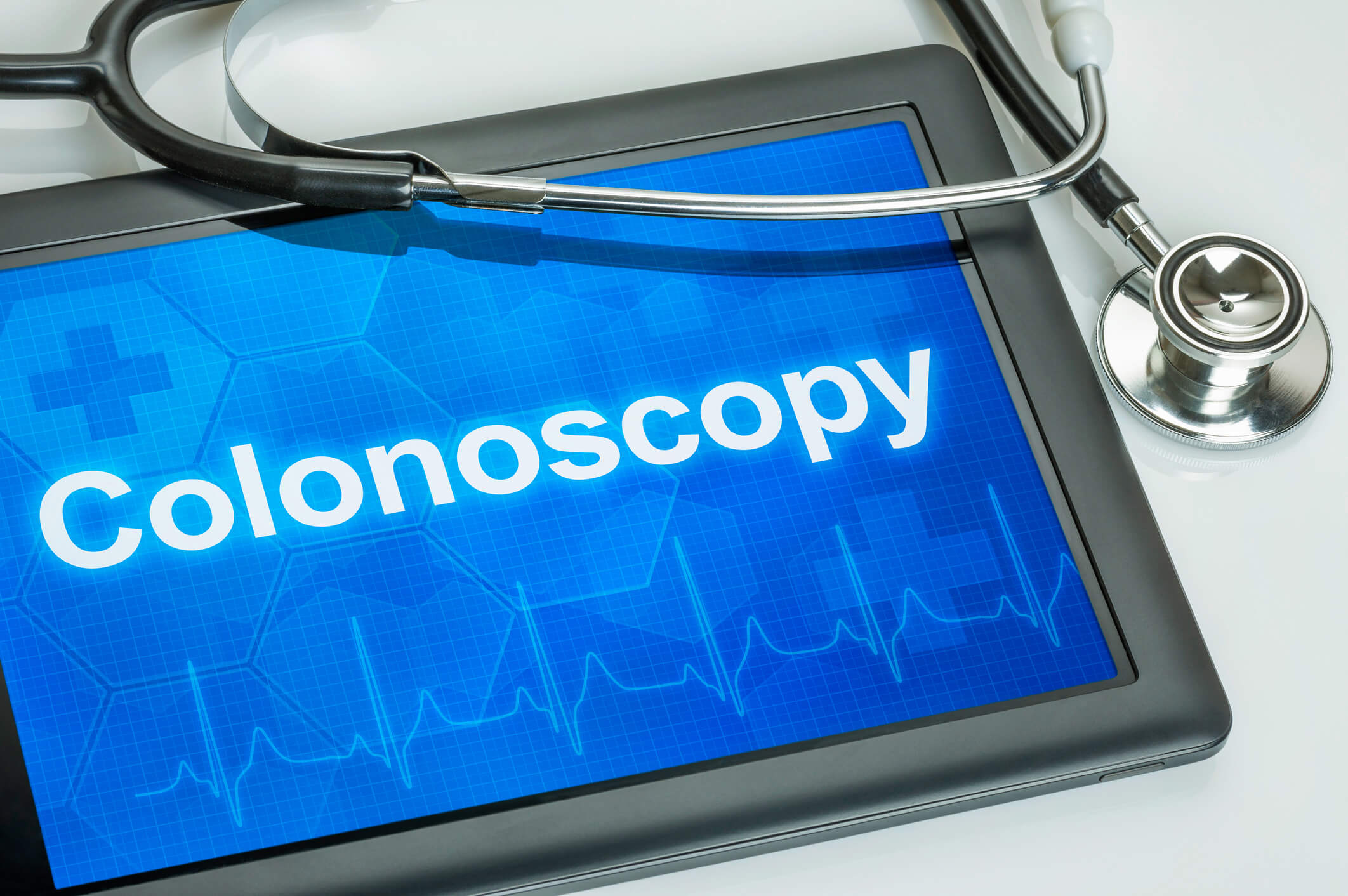


Medically reviewed by Dr. Sim Hsien Lin, Consultant General Surgeon (Colorectal Surgery)

Colonoscopy is the examination of the rectum, large intestine and distal parts of the small intestine. It is used to detect any abnormalities or changes in the intestine or as part of any therapeutic procedures.
This article will help you prepare for a colonoscopy so that you can undergo the procedure with ease.
Colonoscopy is an outpatient procedure that uses a fibre-optic instrument called a colonoscope. This is a long flexible instrument fitted with a camera that is inserted through the anus. The camera allows the doctor to see the inside of the entire intestine. The procedure is generally performed while you are sedated to minimize the pain and improve the patient’s experience.
A colonoscopy is performed to evaluate the cause of gastrointestinal symptoms like rectal bleeding, changes in the bowel habit like chronic constipation or diarrhoea, abdominal pain, or any other intestinal problems. The doctor will collect a tissue sample if any abnormalities are found during the procedure.
It is done as part of a screening protocol to prevent colorectal cancer. Individuals aged 50 and above who have an increased risk of colorectal cancer are recommended to go for regular screening, to prevent and detect cancer early. Routine colonoscopy will help detect the suspicious lesions at the initial stages before they can progress to cancer. Colorectal cancer is the most treatable when found early.
Colonoscopy is also done if you have had intestinal polyps before. The doctor can do a follow-up colonoscopy to look for any additional polyps and remove them.
According to our national guidelines, screening for colorectal cancer should start at the age of 50 for individuals who do not have any risk factors for colon cancer.
Individuals with higher risks should start screening before age of 50 years old if:
Always check your doctor’s instructions to prepare yourself for the colonoscopy. The bowel preparation process is crucial as it affects quality of bowel preparation which has impact on colonoscopy outcomes. Before the colonoscopy, you should receive a set of instructions that you must read carefully and follow closely. Inform your doctor if you drive a car, as the procedure is generally performed while you are sedated so you will feel drowsy afterwards. You might need someone to take you home after the procedure.
Here are some useful tips to help your colonoscopy experience go smoothly and comfortably.
Clear your schedule and be at the comfort of your home to start your preparation. Arrange for family members or a sitter to come by, if you have babies or elderly that need care. The colonoscopy can be done in the morning or afternoon. Do discuss with your endoscopist regarding your preferences.
Changes to the diet should be started 24 hours before the procedure is scheduled. Stick to a liquid diet consisting of water, tea or coffee without creamer, soft drinks and broths. Avoid raw fruits, vegetables, fried food, and solid foods including nuts seeds, popcorn. Other fibre-filled foods that are hard to digest should also be restricted from the diet. Some doctors allow a low residue diet consisting of egg, lean chicken, and pasta. Check with your doctor before making changes to your diet. A low-fibre diet and smaller portions of food are recommended if you plan to get a colonoscopy done in a few days. Drink plenty of water to ensure enough hydration.
Creams and oils will help prevent and soothe the irritation. You can use petroleum jelly, coconut oil haemorrhoid cream, or diaper rash ointment. You can draw a bath or even use a cold damp cloth to help with the irritation. Medicated wet wipes or adult wet wipes containing vitamin E and Aloe Vera can also soothe the skin as the prep laxative is going to clear your bowels. Using a bidet or shower spray instead of toilet paper would help reduce irritation to the anus.
Drink the colonoscopy prep laxatives chilled and finish the entire prep drink given to you by your doctor. The bowel preparation solutions are generally bad tasting and can be difficult to swallow. Drink the prep fluid as quickly as possible through a straw, as that can allow you to bypass most of your taste buds while you are drinking. You can even suck a slice of lemon or candy after each glass. Newer studies suggest splitting the prep results in a cleaner bowel. This requires you to drink half of the prep fluid the night before and the rest of it early in the morning.
Let your doctor know if you are allergic to any medication. If you are taking any medication, you should also inform your medical provider preferably one to two weeks before. These include medications for high blood pressure, diabetes, blood thinners such as aspirin, warfarin, or any health supplements that contain iron. Your doctor may adjust the dose of the medication or ask you to stop the medications temporarily.
Stay active throughout the prep and wear loose clothing that can be easily taken off. Walking around the house will allow the prep solution to move from your stomach into the intestines, and help with nausea resulting from the prep fluid.
Let your doctor know if you are currently menstruating. Colonoscopy can be performed during menstruation but you might want to wear a tampon for the procedure.
Drink and eat food that is gentle to your digestive system. Avoid heavy, fried and fatty food, dairy products, alcoholic beverages, and a high fibre diet. Electrolytes, juice, tea, soups, crackers, white bread, and baked potatoes are a few of the foods recommended post colonoscopy.
Colonoscopy is a commonly performed screening procedure with low risk. However, some complications may occur that include:
Call your doctor immediately if you experience:
The colon is an integral part of the digestive system. It requires proper care to keep it healthy which includes regular screening such as colonoscopy. When the doctor’s recommendations are followed and done the right way, the preparation is better tolerated and you can expect to go through a smooth and comfortable experience during the Colonoscopy procedure.




Dr. Sim Hsien Lin is a specialist colorectal surgeon in Singapore with over 10 years of experience in colorectal surgery. Her sub interests include laparoscopic colorectal surgery, transanal endoscopic microsurgery (TEMS), surgical management of piles, inflammatory bowel diseases and complex anal fistulas.
Read Full BioCome visit our clinic, which are equipped with modern and updated equipment, and a team that will take care of all your needs.
Dr. Sim became a Fellow of the Royal College of Surgeons (Edinburgh) in 2011, winning the Gold Medal award at the FRCS Exit Examination that year.
Dr. Sim firmly believes that transdisciplinary care is the key to supporting both the elderly and complex patients through their perioperative and recovery journey.
Dr. Sim firmly believes that transdisciplinary care is the key to supporting both the elderly and complex patients through their perioperative and recovery journey.
Book An AppointmentPlease fill up this form and we’ll get back to you shortly!

For quicker response, call us at+65 6261 9227

Chat with our friendly clinic staff through WhatsApp!